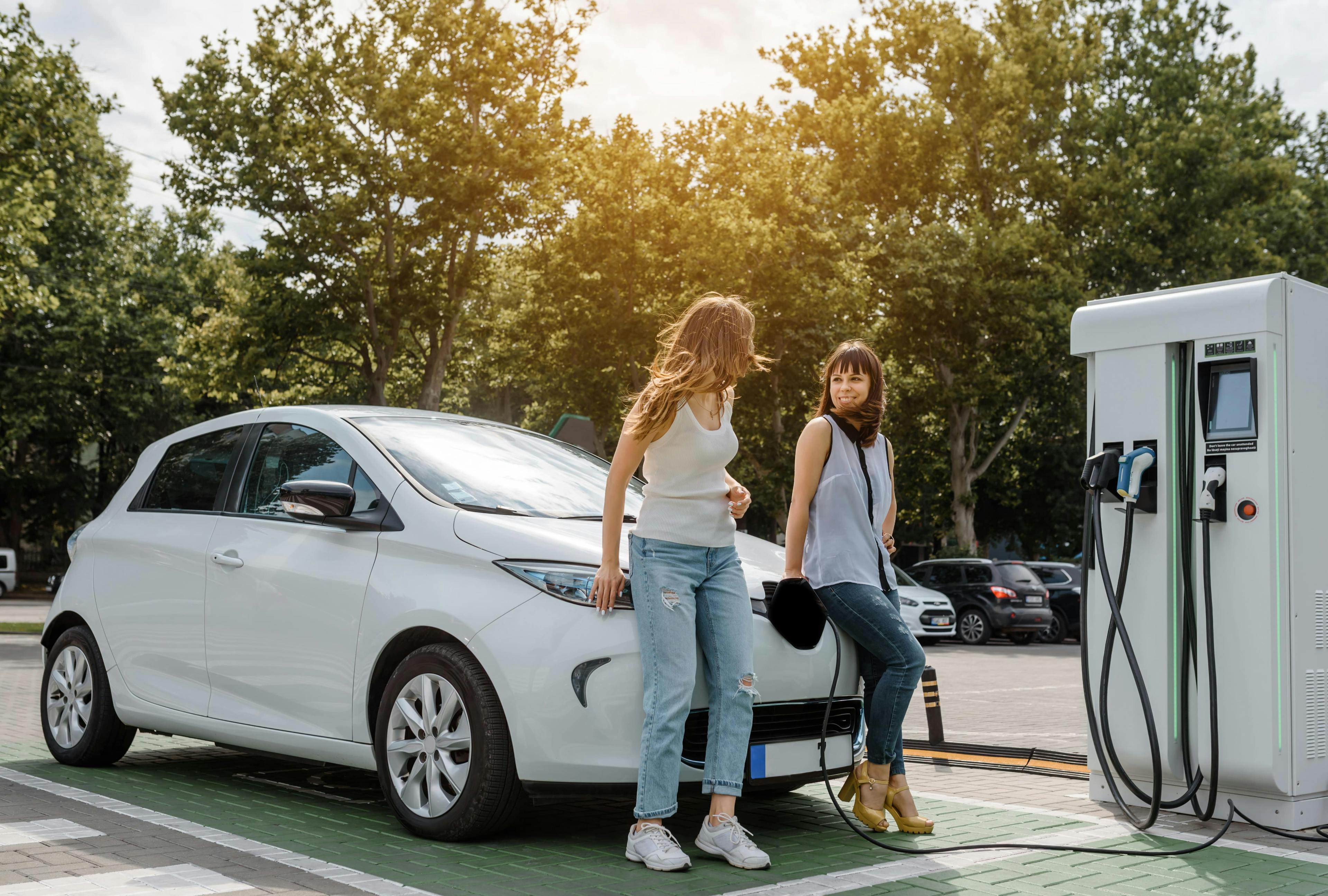
How are Electric Cars Helping Noise Pollution?
Find out the impact of EVs on the noise pollution problem.
Electric cars are notoriously quiet. This is due to them being powered by a battery rather than a noisy combustion engine. In turn, they are helping noise pollution, especially in cities where noise pollution levels are high.
What is Noise Pollution?
Noise pollution is classified as ‘any unwanted or disturbing sounds that affects the health and well-being of humans and other organisms’. Noisy cars, especially late at night, can contribute to noise pollution.
It is believed that noise pollution can contribute to hearing loss, as well as other health and well-being issues. This is why many governing bodies such as the World Health Organization (WHO) and local governments are looking for ways to reduce noise pollution. County councils encourage citizens to report noisy neighbours and other noise disturbances to reduce the levels of noise pollution.
The WHO defines noise pollution as any sounds above 65 decibels (dB). The average ICE car travelling at 65mph, from 25ft away measures in at 65 dB – meaning that combustion engine vehicles are contributing to noise pollution.
What are the Effects of Noise Pollution?
Noise pollution can have an incredibly negative affect on health. It is believed that noise pollution can contribute to high blood pressure, anxiety, sleep issues, and respiratory agitation, as well as hearing problems. In fact, the European Environment Agency estimate that noise pollution is responsible for as many as 12,000 premature deaths annually.
And it doesn’t just affect us human beings – it hurts our wildlife and pets, too. Noise pollution is believed to interfere with breeding cycles, which throws off the balance within the eco system. Dogs are famously scared of loud noises, so noise pollution has a profound effect on our furry friends.
Why are EVs Quiet?
EV’s are quiet for the simple reason that they are not powered by an engine, but a lithium-ion battery.
Since there is no combustion happening (the noise from an ICE car comes from the piston movement inside the cylinders), the noise you get from an electric car is much quieter, and rather caused by their tyres or the wind rushing past the vehicle.
What Noise Do EVs Make?
While EVs are quiet, they are not silent. You may be able to hear the tyres on the road or the wind when you are travelling at high speeds.
You can download ‘artificial’ noises for your EV – some drivers feel they miss the roar of a combustion engine, and these downloadable acceleration sounds make the experience more familiar.
Since electric cars are even quieter when travelling at low speeds, EU law states that all electric vehicles sold in the European Union must make an artificial sound when travelling under 12 miles per hour, or when reversing, to ensure that pedestrians are aware of their presence. The exact sound will differ dependant on the make and model of your car, but it will most likely resemble an engine.
Are Quiet EVs Unsafe?
A report from the Guide Dogs Association found that pedestrians with sight loss are 40% more likely to be hit by a hybrid or electric car than one with a combustion engine.
This is why by law all electric vehicles must emit a continuous noise of at least 56 decibels when the car is moving below twenty kilometres per hour. Once the car exceeds this speed, the tyres and wind noises will be loud enough for pedestrians to hear. These laws differ from country to country, but the majority have a variation to keep pedestrians safe.
Can EVs Reduce Noise Pollution?
Even though electric vehicles must make noise by law, they absolutely contribute to reducing noise pollution. As the number of EVs on Britain’s roads grow, the noise will reduce further, helping busy and crowded areas become more peaceful.
Read More
Why is My EV Making This Noise?
EV’s are famous for being silent, so you may be slightly concerned to hear it make noise. Here what all these noises mean, and if you should seek assistance from a mechanic.
Why is My EV Taking Longer to Charge Than Usual?
It can be frustrating waiting for your EV to charge, especially if it is taking longer than usual. Here are some of the reasons that may be the case.
Why Won't My EV Start?
Here are some of the reasons your EV won’t start when you try to turn it on, and what you need to do to get back on the road.
Top EV MOT Failures and How to Avoid Them
We list some of the top reasons your EV might fail its MOT, and what you can do to prevent this from happening.